Results 1 to 10 of 3899
-
March 31st, 2011 12:11 AM #1
Anyone running this here? I decided to go ahead and get this for my Elgrand for a few reasons, one being the Elgrands filter is hard to find being 1" 12unf thread and second I have tons of space after removing the stock airbox.
People have been doing these as Do it Yourself jobs for years on diesels Amsoil is now selling them (way overprice) IMO.

I am using this kit with a Fleetguad bypass filter with sythetic media and Fleetguard full flow filter. Which will equal the Amsiol.

About bypass filtration.
• What is add-on bypass oil filtration?
It is a secondary filtration unit with the purpose of super-cleaning engine oil. It has high
contaminant-holding capacity and filters out the smallest particles to include sludge and
soot in special cases. It also reduces engine wear and may increase oil volume.
• Where is bypass filtration used today?
Bypass filtration is standard on all Cummins automotive heavy-duty and larger turbo diesel engines
and on Mack Applications. It has been used as options and/or standard on Caterpillar, Detroit.
Reason for doing this on a diesel.
- Removes small particles and soot
- Extends engine life
- Increases oil capacity
- Extends oil change interval
- Reduces engine wear
By-pass lube filters are designed to capture and hold small abrasive particles that pass through the full-flow filter. Though microscopic in size, these particles are a major contributor to faster wear of internal engine parts.
Any type of by-pass filter of reasonable quality will effect some reduction in engine wear rates compared to that obtained with full-flow elements alone. The more efficient the by-pass filter is in reducing the total contamination level of the lubricating oil, the more effective it will be in reducing wear rates.
Extensive testing has shown that quality element type by-pass filters in combination with full-flow filters can extend engine wear life two to three times. Further testing with the centrifugal type cleaner has shown an additional reduction in wear of 54%. It is believed that the superior performance of the centrifuge results not only from its ability to remove abrasive particles down to 1 micrometer and below but also to the extraction of carbon soot agglomerates to a far greater degree than is possible with element type filters.
A lot of post on hear always asking about the best oil but if your still using a low quality filter like VIC, and other no name Japan or China made filters then what's the point of getting good oil if it's dirty. Many OEM filters are also junk like Toyota it's what's on the inside not the outside of a filter that matters.
Basic set up but you can also mount it under hood which many do. I know many TD42's have dual filters and Pajeros 4D56 and 4M40's have a combo filter with 2 elements so basically a stacked bypass filter.

The whole oil filter quality thing has not really been covered well on the forum. So I figured it's about time.
-
March 31st, 2011 01:57 AM #2
What's in your filter?
OEM Toyota comparison.
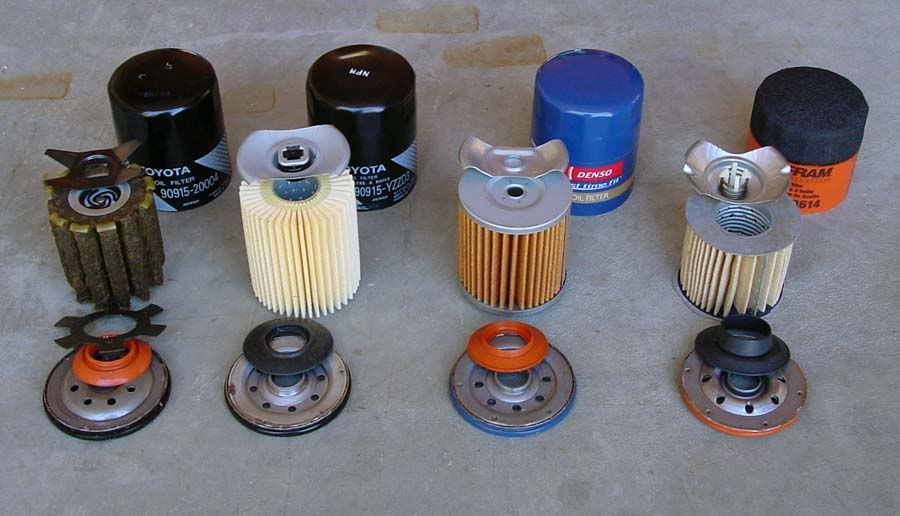
OEM Honda
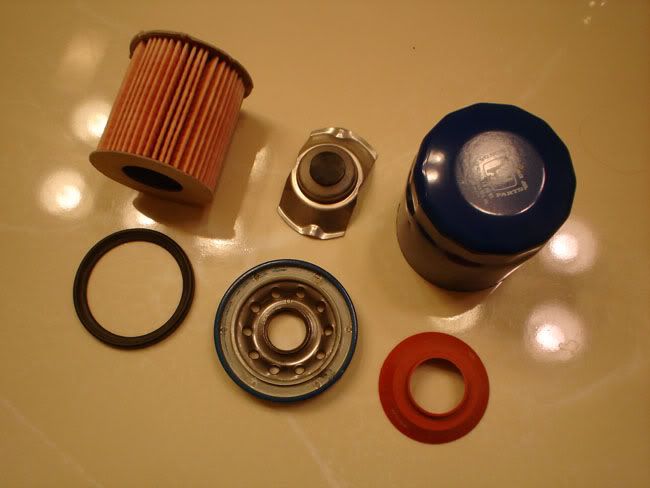
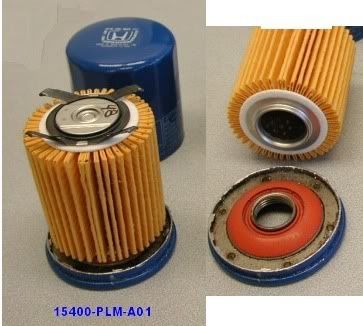
Nissan / MANN OEM filter
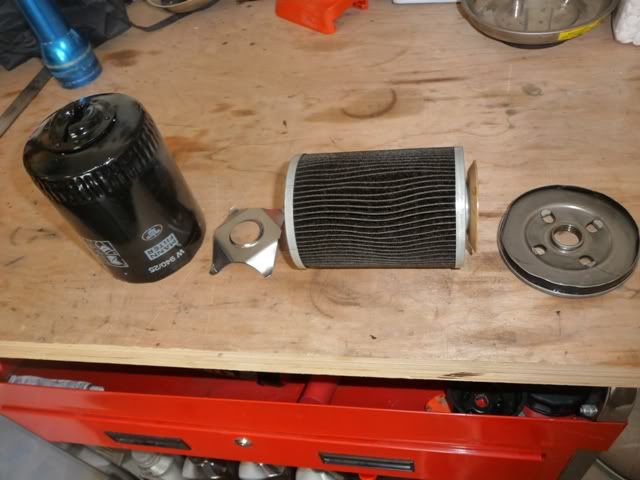
Nissan OEM
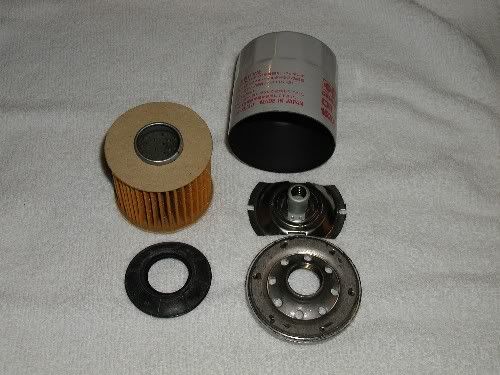
-
-
March 31st, 2011 02:10 AM #4
Typical Japan filters
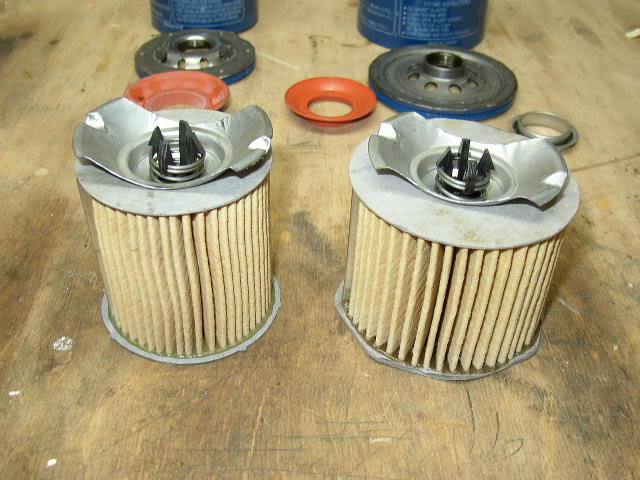
These are the higher end Fleet service filters you cannot get over the counter at your local auto parts stores in the U.S.
Fleetguard made by Cummins and what I run.
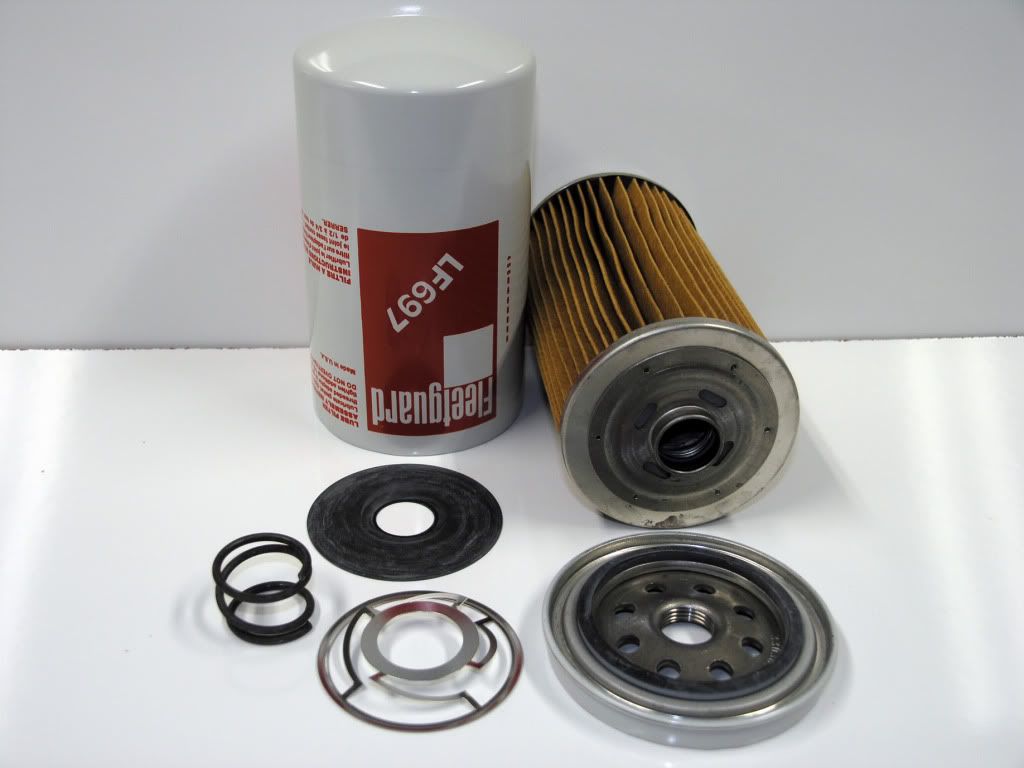
Baldwin also a excellent brand.
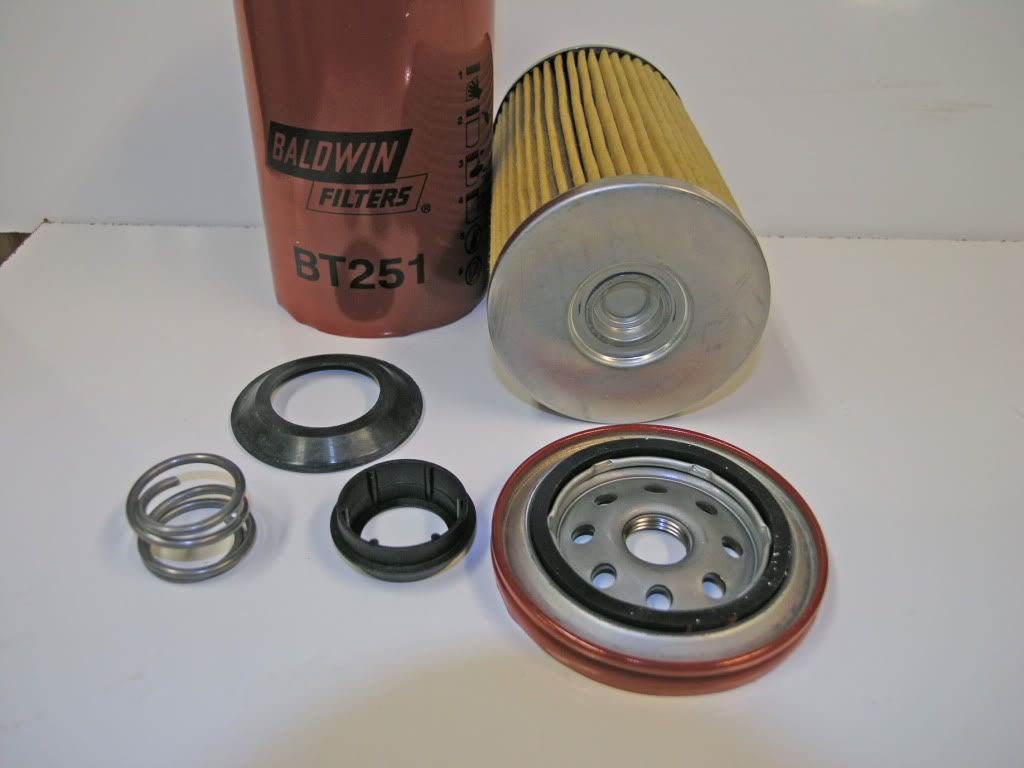
WIX which is over the counter but well built.
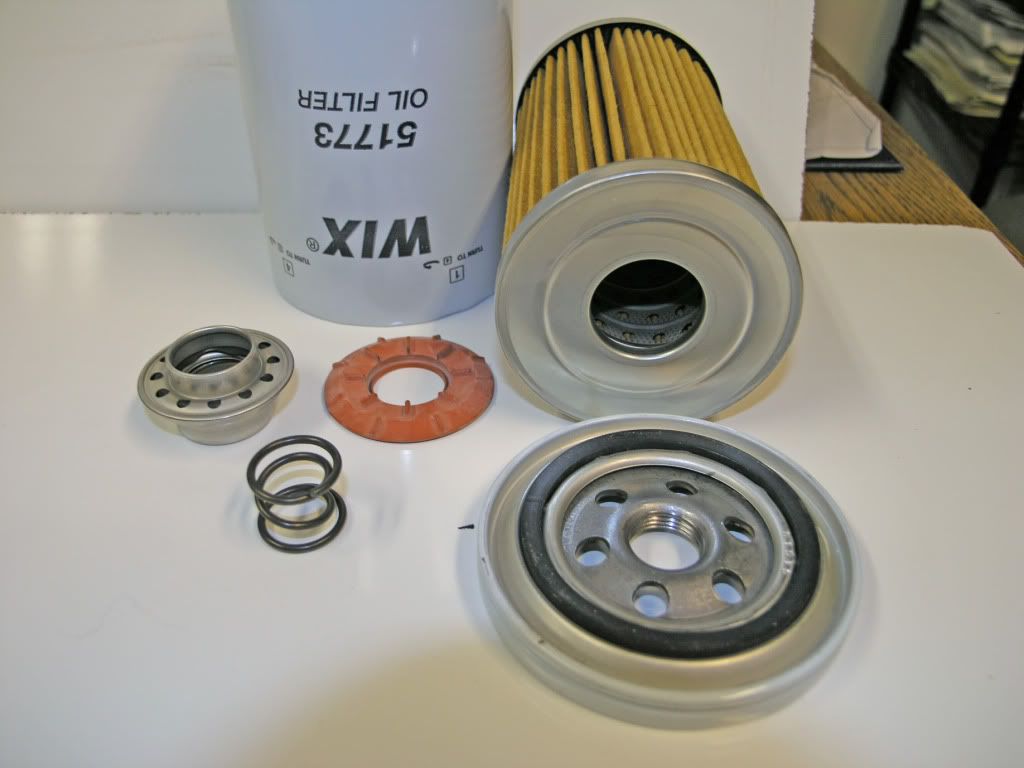
-
March 31st, 2011 02:18 AM #5
Higher end synthetic fiber filters which are great for a bypass filter set up or just high quality replacement. With these regardless of brand they seem to come from the same factory vs the normal cellulose (paper) media filters.
Royal purple
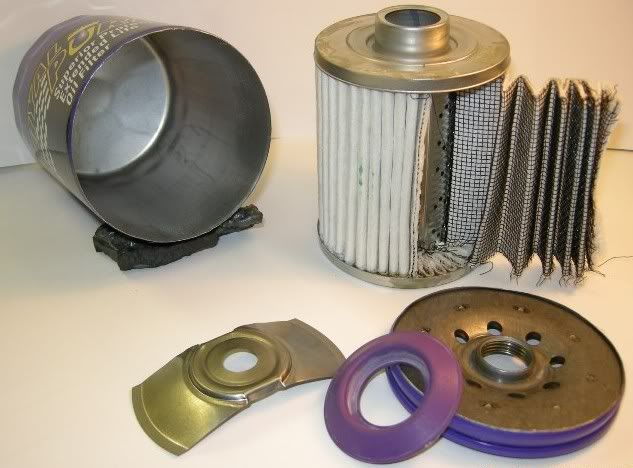
Donaldson
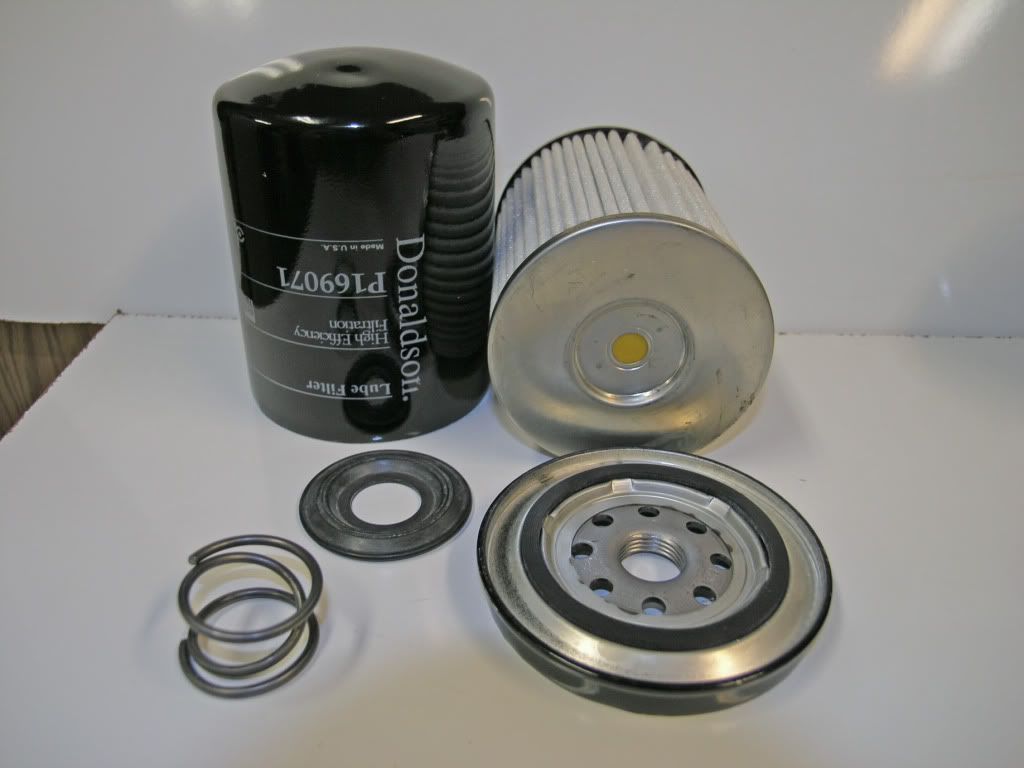
AMSOIL
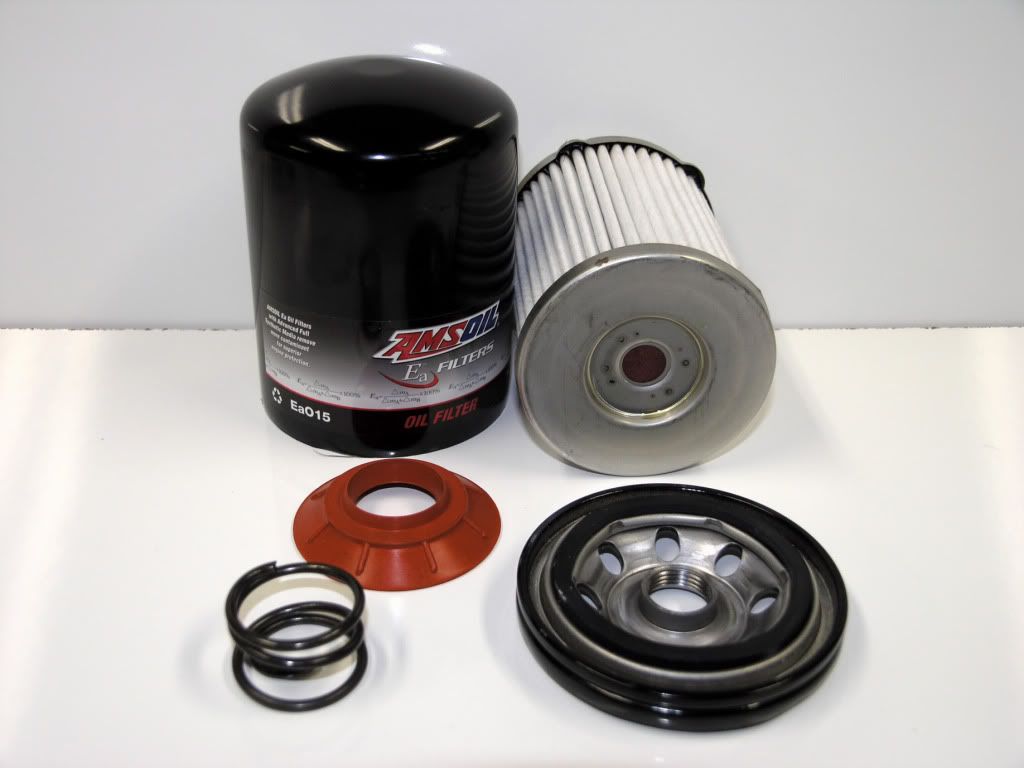
Fleetguard
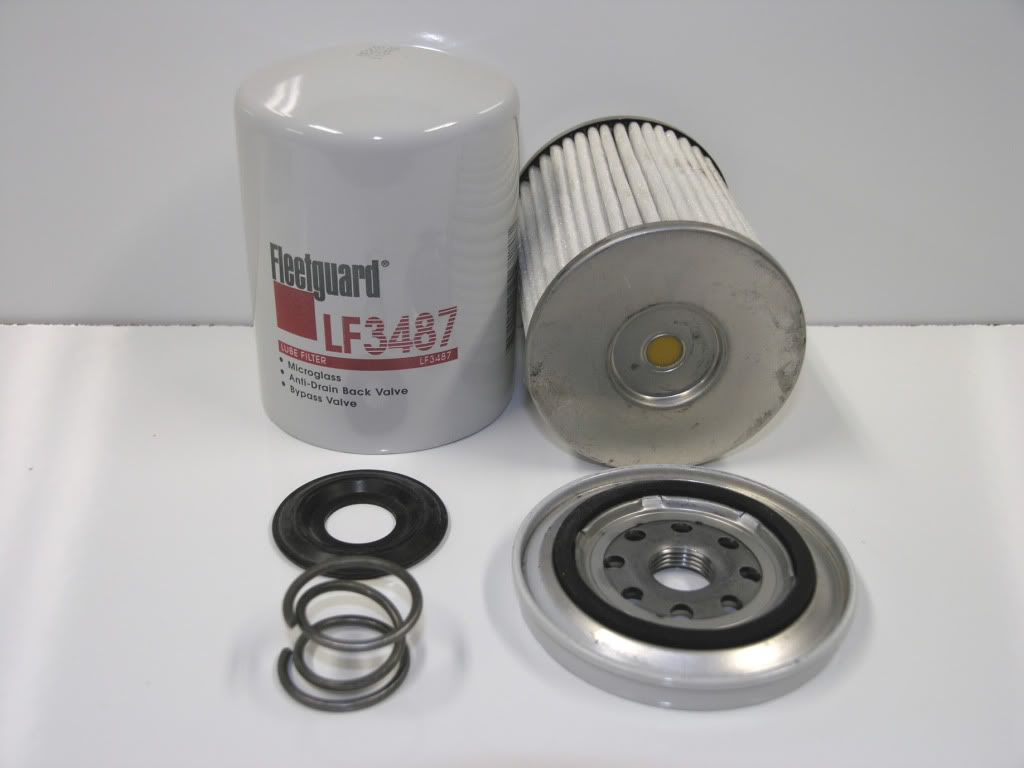
Baldwin (has a cellulose synthetic blend)
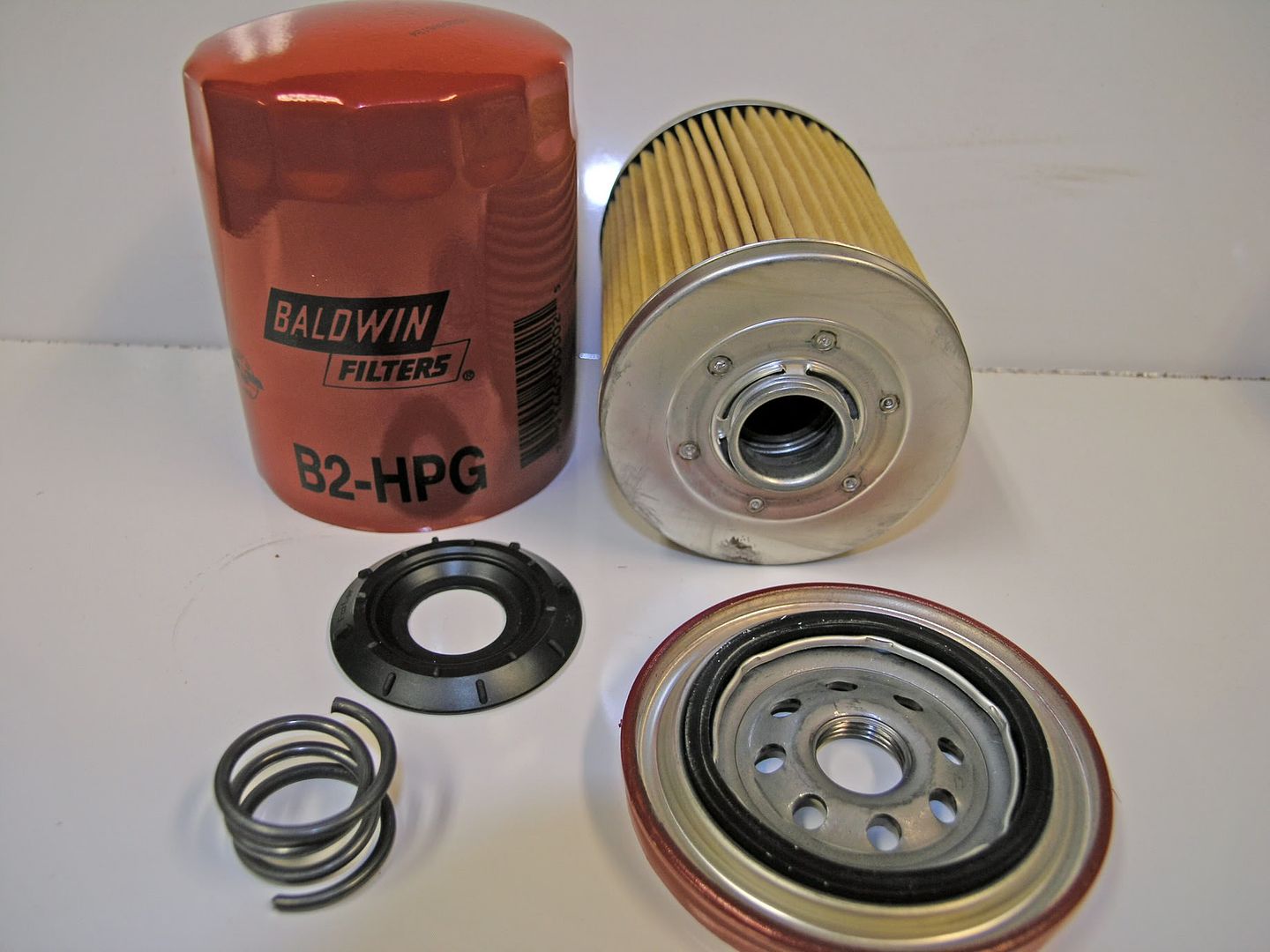
-
March 31st, 2011 02:51 AM #6
What company makes what filters?
Fram
Honda OEM
Chrysler line up except for the Cummins
Penzoil
All Fram models
Champion Labs
Bosch
Car and Driver
Deutsch
Mobil 1
STP
SuperTech
K&N
Luberfiner
Trust
Wix
Carquest blue
Carquest red
Napa Gold
Napa Silver
Purolator
Purolator premium plus
Purolator Pure One
Havoline
Maxlife Valvoline (some)
Group7
Pro Line
MotorCraft
Superflo
Valvoline filters
Denso
Toyota
Mann+Hummel
Mann
Volvo
Clarcor
Hastings
Amsoil
Casite
Cummins makes Fleetguard
Baldwin makes Baldwin
Donaldson makes Donaldson
Fram (Honeywell) makes some Honda OE filters. So does Filtech. Filtech is a US division of Toyo Roki in Japan. Toyo Roki also makes the Subaru WRX and STi (turbos) filters.
JHF FILTERS Korean
Fil filters (Korea) (Label says Toyota)
OKIYA filters (CHINA)
Sakura filters (Japan)
Ryco (Austraila)
VIC (Japan)
Ginza (Japan)
Power Long (Korea)
Your oil is only as good as the filter your using.
-
March 31st, 2011 03:37 AM #7
Good day Sir Dvldoc,
since this system filters the oil better... my understanding is , clean oil=clean engine=cleaner exhaust gases...
how much would a system like this cost for a japanese van like a toyota hiace 2L diesel engine. and are the high grade filters locally available here too?
thanks and hope you can share more tips here
-
 Verified Tsikot Member
Verified Tsikot Member

- Join Date
- Jan 2011
- Posts
- 123
March 31st, 2011 06:17 AM #8Hindi nila mabenta yan dito sa europe.Hindi basta basta maniniwala mga european dyan.Mas maraming natatakbo ang mga sasakyan dito kaysa sa U.S. dahil sa langis hindi sa special na filter. Dagdag gastosin pa yan,tsaka additional components na pwedeng magleak ng langis dahil siyempre maluluma din mga flexible hose, isama mo pa dyan ang vibration.Hindi rin nyan kayang patagalin ang buhay ng langis.Oxidation ang kalaban ng langis at walang filter ang makakapigil dito. Magaling sa marketing ang mga Kano,proven na sila dyan.
-
March 31st, 2011 07:17 AM #9
Your crank vent system puts dirty oil and soot back into your air
intake, That goes back through the engine then out your exhaust. Oil
catch can pretty much gets rid of that effect.
As far as I know you can get mobil1, and K&N filters there in the
Philippines. I am not aware of all after market brands there. I will say
stay away from VIC filters.
Here is some testing from a car magazine. Most filters there that I have
seen are about the quality level of Fram if they are not a U.S brand.
And we call Fram the orange can of death here.
The set up's cost around 150USD for a dual kit and less than 100 for a single remote kit which just adds a bypass filter.
Or you can just get a quality filter and do regular oil changes. Fleetguards and the ones in that upper level are good for 15000Klm between oil changes.
It's not marketing just simple fact proven with engine oil testing by 1000's of people. Here in the states these set up's are pretty common on our V8 turbo diesels, If you have a 10000 engine you want to protect it. Same thing goes for Semi trucks for fleet service there is a reason they run bypass set ups and carry brands like Fleetguard, Baldwin, Donaldson ect, because it reduces operating cost for the company.
If you have a friend that's state side they can easily pick this stuff up for you. I shipped over my filters before my last trip to replace the stock VIC that was on mine. Or wait until next year then getting these will be no problem :thumbup:
Some test done by a car mag that has VIC included, It did poorly.
The spacing will probably get screwed up as soon as I post this.
Results in short:
Champion C138 Very good
Clean DO 851 Very good (with size reservations)
Biltema 502077 Good (with size reservations)
Purolator Micronic Good
Teho OK 174 Good (with reservations)
Fram PH 4967 Satisfactory
Motorcraft EFL391 Satisfactory
Mann W68/80 Passable
M-Filter MH 3347 Passable
Toyota 90915-10001 Inferior
Vic C-110 Inferior
"Clean" filter was was wider than others, and "Biltema" longer.
What did they test?
1) Filtration
Filters were tested with a test equipment conforming to standard ISO 4572.
The test oil was recirculated through the filter, and dirt was continuously
added to it. The test dirt consisted of particles smaller than 200 micrometers.
I've picked the figures below from the graphs on the magazine. 15 mg of
dirt was added to each liter of oil passed through the system. Oil flow
rate was 25 liters per minute.
After 5 minutes, % of each particle size [micrometers] filtered:
40 30 20 10
Champion 98 91 64 19
Clean 99 91 66 16
Biltema 99 91 62 16
Purolator 97 86 60 11
Teho 96 89 61 17
Fram 98 87 55 9
Motorcraft 99 90 61 12
Mann 98 88 56 10
M-Filter 96 85 50 10
Toyota 88 77 31 0
Vic 87 71 39 4
After 10 minutes, % of each particle size [micrometers] filtered:
40 30 20 10
Champion 97 90 63 18
Clean 97 91 62 13
Biltema 95 88 56 11
Purolator 97 82 52 9
Teho 98 86 56 15
Fram 97 85 51 5
Motorcraft 97 92 62 16
Mann 96 83 50 7
M-Filter 94 80 47 9
Toyota 81 60 25 1
Vic 81 68 39 4
time until blocked (bypass valve opens):
Champion 16-18 min
Clean 21-23 min
Biltema 29-33 min
Purolator 22-26 min
Teho 16-18 min
Fram 22-26 min
Motorcraft 13-15 min
Mann 25-27 min
M-Filter 19-27 min
Toyota 16-23 min
Vic 20-20 min
2) Anti-drainback valve operation
All except Vic held the oil.
You can test this yourself, if you want. Find a bolt that fits on the
thread in the filter, fill the filter with oil, and with the bolt
screwed in, turn the filter to its side, like it is on the engine
block. Does it leak?
3) Bypass valve operation
Some filters leaked slightly through the bypass valve early before
the filter elements were blocked, but at worst only 22ml/min.
Compare that to the 25000ml/min total flow in the test, and you
see that it is totally insignificant.
-
March 31st, 2011 09:23 AM #10



 Reply With Quote
Reply With Quote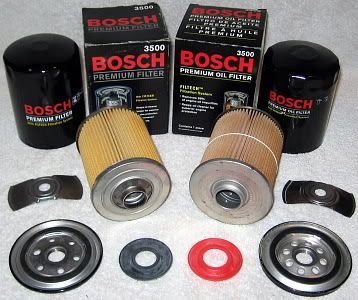
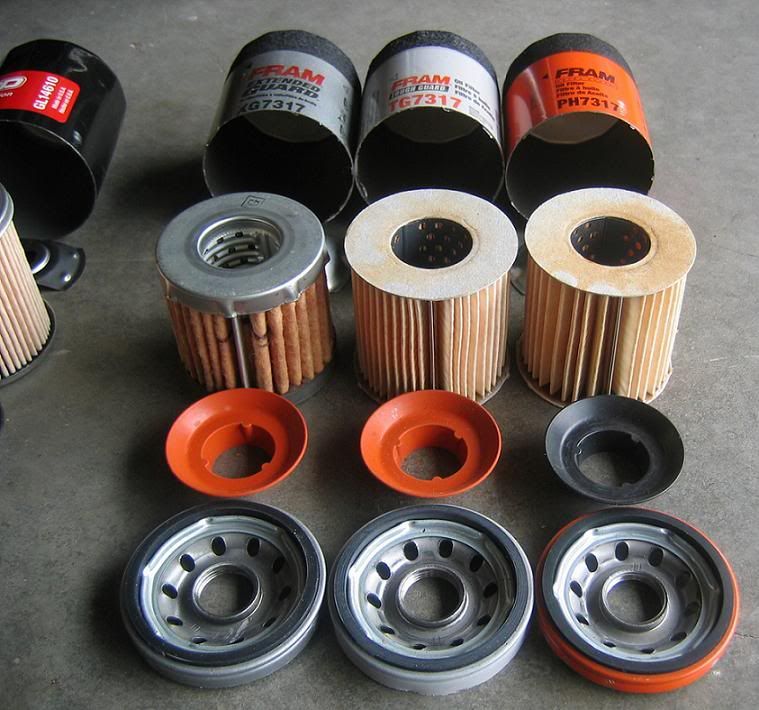
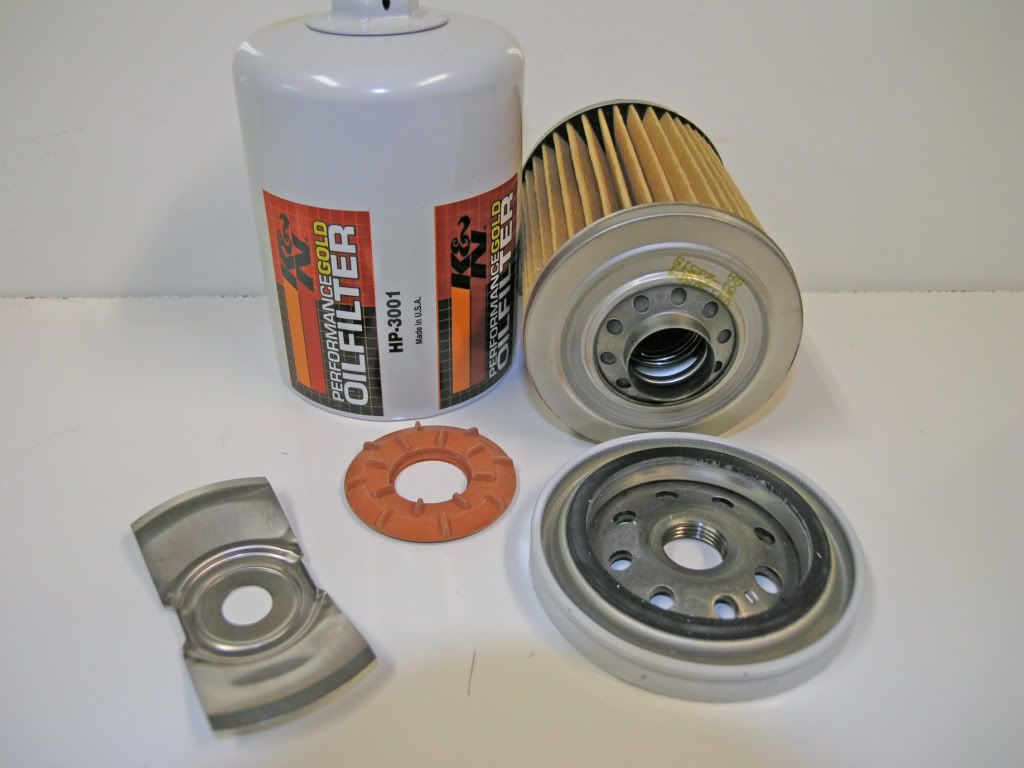
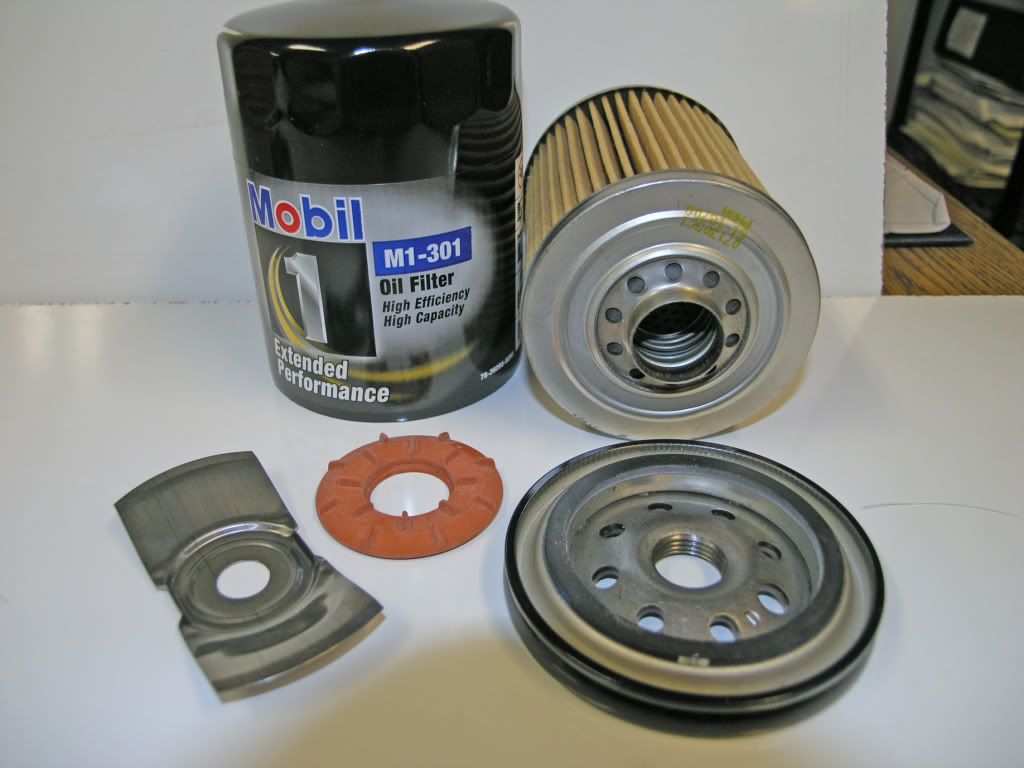
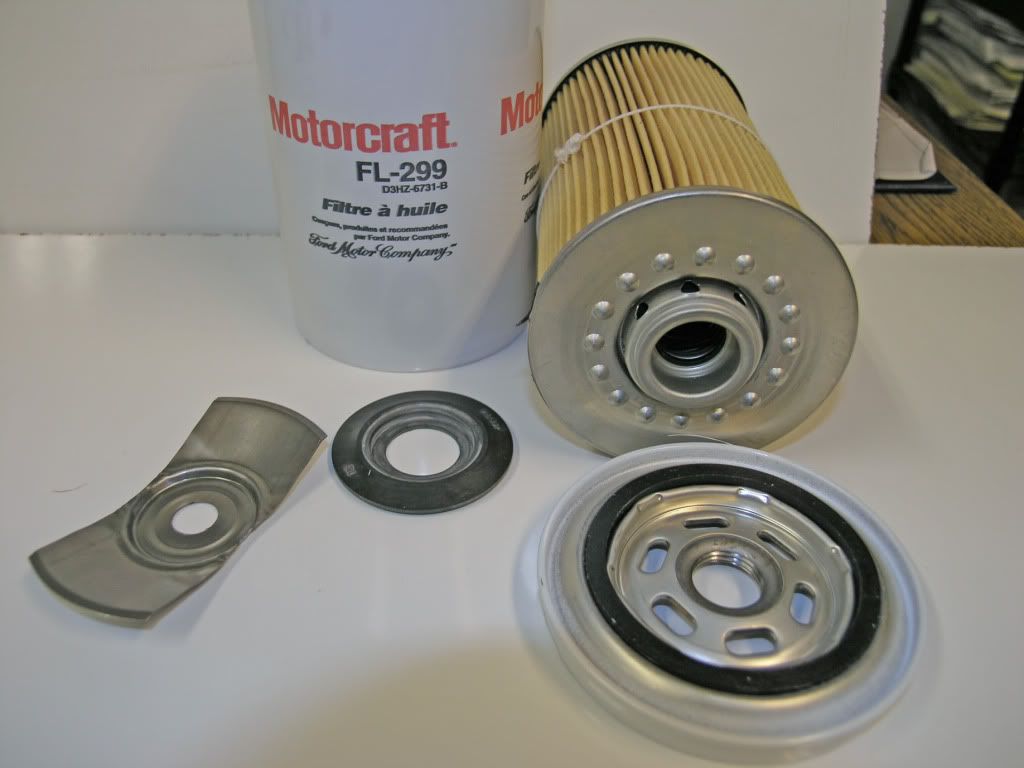






I feel the same way. Not a fan.
2022 Mazda BT-50 (3rd Gen)